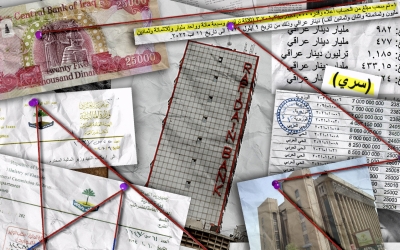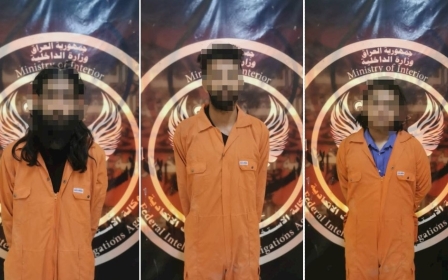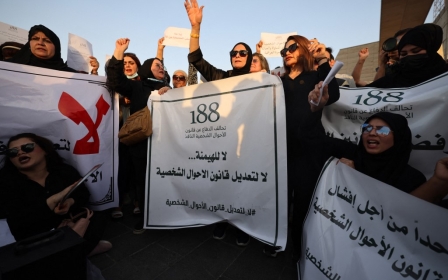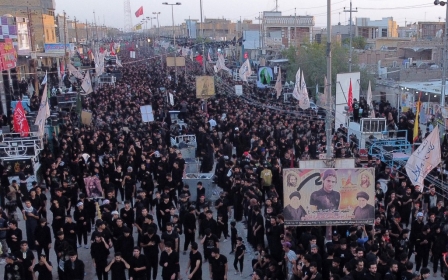Head of Iraq's anti-corruption body under investigation for corruption
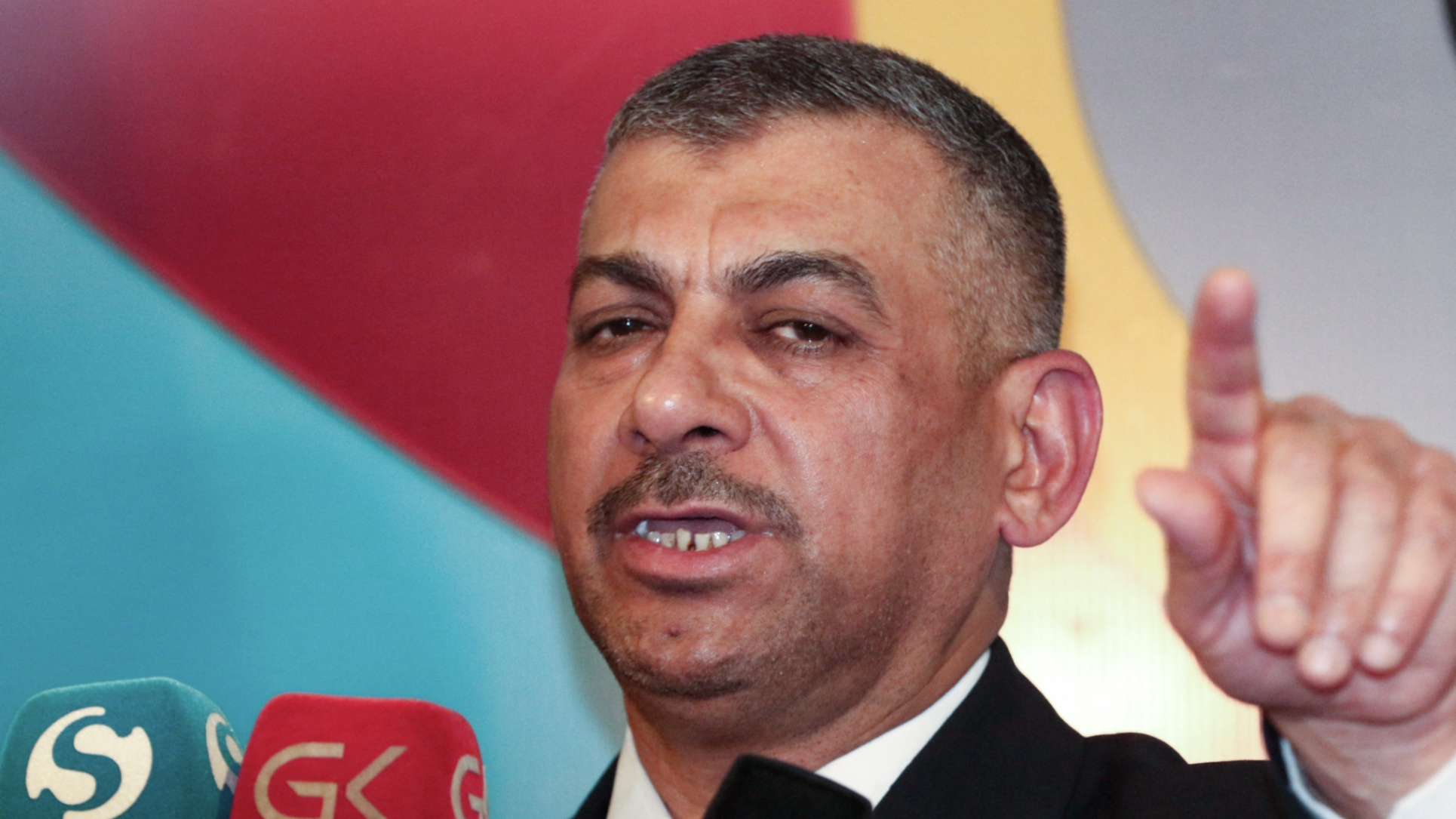
Judicial authorities in Iraq announced on Wednesday an investigation into the head of the country’s anti-corruption body over audio recordings allegedly linking him to bribery.
One of the clips, widely shared on social media and picked up by media outlets, appears to show a conversation with Judge Haider Hanoun, the head of Iraq’s Commission of Integrity, saying he had received large sums of money and even a luxury car.
The commission released a statement denouncing what it called slander and lies and saying the audio recordings were “fabricated”. It accused "electronic armies" of being behind the leaks.
Middle East Eye could not verify the authenticity of the recordings.
Corruption is endemic in Iraq, with high-ranking government officials often evading accountability.
New MEE newsletter: Jerusalem Dispatch
Sign up to get the latest insights and analysis on Israel-Palestine, alongside Turkey Unpacked and other MEE newsletters
Few Iraqis express trust in their state institutions, with many believing corruption to be the most pressing problem facing the country.
The Commission of Integrity had announced a press conference for Thursday, where it was supposed to “expose the facts and deny these calumnies and inventions”.
But on Thursday morning, the conference was postponed by Hanoun “out of respect for the judicial procedures, and to ensure that they are not affected in order to uncover the truth”.
The press conference would have taken place right after the end of the Second Arab Forum for Promoting Transparency and Good Governance, which Hanoun inaugurated on Tuesday.
In early September, the anti-corruption chief accused a judge of having obtained state land by posing as a security officer.
While making the accusations, Hanoun defended his own ownership of two plots of land in southern Iraq.
In August, an Iraqi criminal court issued arrest warrants for a businessman and a former government official accused of being involved in stealing $2.5bn of public funds in what became known as the “theft of the century”.
Middle East Eye delivers independent and unrivalled coverage and analysis of the Middle East, North Africa and beyond. To learn more about republishing this content and the associated fees, please fill out this form. More about MEE can be found here.


